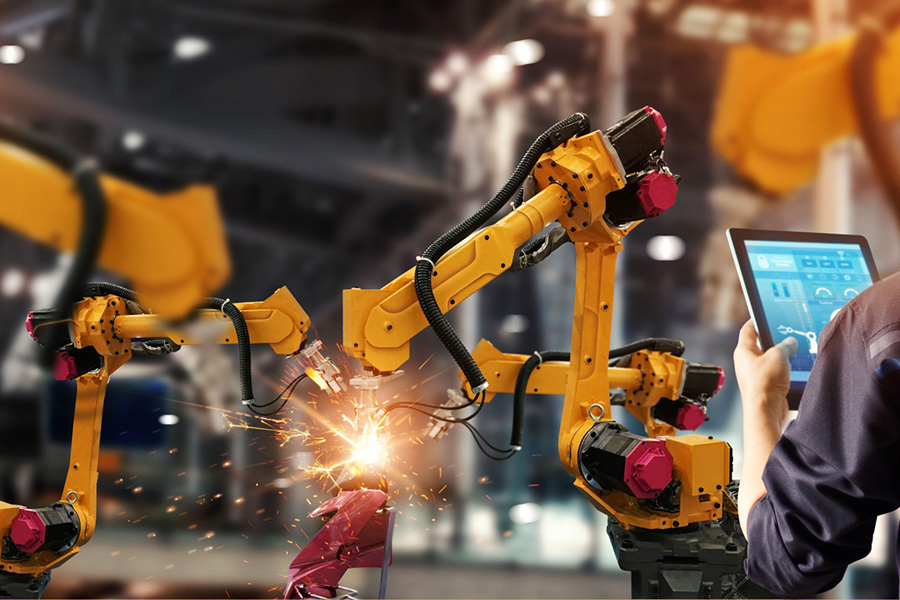
Businesses that focus on short-term maximization by not focusing on renewable and circular resources may be uncompetitive in the long-term.
Authors
Ashish Dwivedi, Professor, Jindal Global Business School, O.P. Jindal Global University, Sonipat, Haryana, India.
Claudio Sassanelli, Department of Mechanics, Mathematics and Management, Politecnico di Bari, Bari, Italy.
Dindayal Agrawal, SOIL School of Business Design, Gurgaon, Haryana, India.
Md. Abdul Moktadir, Institute of Leather Engineering and Technology, University of Dhaka, Dhaka, Bangladesh.
Idiano D’Adamo, Department of Computer, Control and Management Engineering, Sapienza University of Rome, Rome, Italy.
Summary
Business strategy and the environment are becoming increasingly central within the global agenda. In particular, some emerging countries such as India show strong growth in the manufacturing sector while also exhibiting high emission values. This inevitably creates a paradox. Therefore, this study aims to determine the drivers for Indian manufacturing firms to pursue sustainability.
The methodologies used in this work is comprised of modified total interpretive structure modeling (m-TISM) that is based on 21 drivers to mitigate climate change and cross-impact matrix multiplication applied to classification (MICMAC) that evaluates the dependence power and driving power of the drivers.
The findings from the study reflect that there are nine levels into which the clusters are divided. “greenhouse gas performance” and “encouraging low carbon products” are influenced by all other drivers, while the driver “dynamic transitions in economic and political situation” occupies a mirror position.
This last driver has the greatest impact on the achievement of the goal along with “persistent with corporate conventionalities” and “dynamic transitions in economic and political situation.”
The economic dimension has a key asset in the manufacturing context, but the influence of sustainable technology on the supply side and of the responsible consumption on the demand side cannot be overlooked. Businesses that focus on short-term maximization by not focusing on renewable and circular resources may be uncompetitive in the long-term.
Published in: Business Strategy and the Environment.
To read the full article, please click here.


